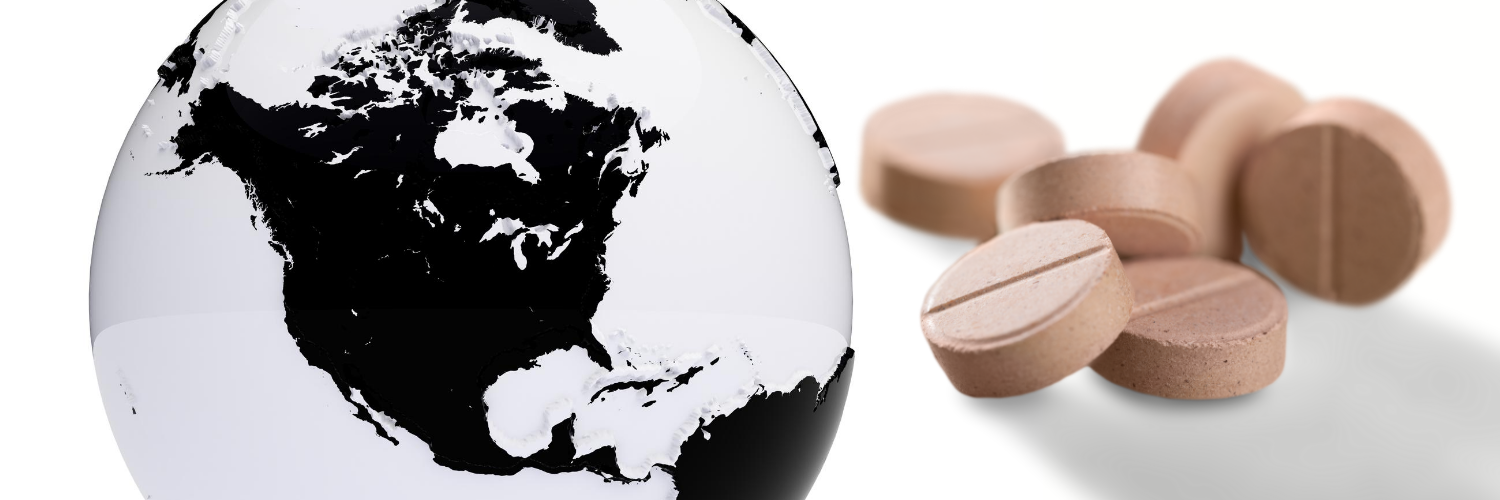Is Congress going to lower drug prices in 2022?

Well, I’ve been writing about this topic for close to 20 years. Year after year, Congress after Congress, Democratic and Republican majorities, the call to arms against Big Pharma came to virtually nothing. In fact, since I co-founded PharmacyChecker.com in October 2002, the sad truth is that drug prices have skyrocketed in America.
Between 2009 and 2018, brand drug prices increased by about 240%, which was about 14 times the rate of inflation (17%). Crazy.
Relatedly, international drug price discrepancies proliferated during that same period. When we launched PharmacyChecker, many frequently prescribed brand name drugs were selling for only 200% more in the U.S. than from Canadian pharmacies. That price discrepancy is now closing in on 300%. For example, the per pill cost of Eliquis in Canada runs about $2.30, compared to $8.50 in the U.S. (and that’s with a U.S. discount card!). In other countries, the lowest cost Eliquis is less than $1/pill. This is unfair to Americans. Some of our leaders in Congress want to bring down drug prices here at home. A congressional committee report stated:
“[Drug companies] have specifically targeted the U.S. market for higher prices, even while cutting prices in other countries, because weaknesses in our health care system have allowed them to get away with outrageous prices and anticompetitive conduct.”
That came from the Congressional House Committee on Oversight and Reform, which spent three years investigating drug prices and what drug companies do to maximize them at the expense of patients’ physical and financial health. It’s a great report – but America needs ACTION not reporting. So, will we see new policies to lower drug prices this year?
In terms of politics. I know that my audience includes Republicans, Democrats, and independents. Here’s the thing: ALL AMERICANS WANT LOWER DRUG PRICES. It’s one of the only things we ALL agree on these days. So, I’m forever hopeful we can come together on this issue, and it will spill over into other bottom-line issues important to us.
Right now, the Democrats are pushing a slimmed-down version of H.R. 3, The Elijah E. Cummings Lower Drug Costs Now Act, which was first introduced in 2019 and then again in 2021. In my capacity as founder and board chair of the organization Prescription Justice, I stated that this robust, comprehensive legislation will empower Medicare to effectively negotiate drug prices with pharmaceutical companies; crack down on price gouging; cap the amount that older Americans pay for drugs; and increase public financing of pharmaceutical innovation. At Prescription Justice and PharmacyChecker, we would like to see legislation to promote safe personal drug importation.
Due to partisan gridlock and differing public policy ideas in Congress, H.R. 3 was never likely to pass as a standalone bill. Its proponents aimed to put the language of the bill into what is often referred to as the Build Back Better Bill. For a deep dive into these policies, check out Kaiser Family Foundation’s work. One of the main sticking points between the Republicans and Democrats is whether we should end the ban on Medicare negotiating drug prices. Through Medicare, in 2020, the U.S. spent – $38,527,066,126.26 for Part B drugs and $397,300,615,152.82 for Part D drugs – That’s a total of (are you ready for this?) …
$435,827,681,279
If we could negotiate drug prices in Medicare as called for in H.R. 3, it would have saved us hundreds of billions of dollars. As KFF explains, it would:
“reduce spending by Medicare Part D enrollees by $117 billion between 2020 and 2029, including a reduction of $102.6 billion in cost sharing for people who use drugs covered under Part D that are subject to negotiation, and another $14.3 billion reduction in Part D premiums (in addition to Medicare savings).”
That will not happen because the Build Back Better bill died a few months back. In its slimmed down, resurrected form, a new reconciliation bill contains the following drug price provisions:
- Medicare negotiation (currently prohibited by law). Limited to only 10 drugs for negotiating but slowly increasing.
- Penalizing price increases that outpace inflation. Will prevent drug price increases that exceed the consumer price index.
- Capping out of pocket costs for Medicare beneficiaries. Will cap out-of-pocket spending at $2000.
- Capping insulin copays at $35. People who take insulin will not have to pay more than $35/month.
These provisions would take us to a better place on prescription drug prices and spending in America. Right now, they will be placed into a “reconciliation bill” that can pass with only 50 votes in the Senate, because it has a budgetary impact. [If you want to learn what the hell the Reconciliation Bill is all about click here.]
The key player is Senator Joe Manchin (D-WV). If he’s for a new, trimmed-down version of the Build Back Better bill, he’s the 50th vote in the Senate. NBC News reporting lays it out like this:
“Manchin has expressed interest in passing a bill through the filibuster-proof reconciliation process that would raise taxes, reduce the deficit, cut prescription drug costs and fund energy and climate measures, even though some Democrats fear he is running out the clock.”
Well, unless there’s a surprise Republican vote! And let me huddle with you all. Democrats and Republicans both want Medicare to negotiate drug prices. 92% of Democrats, 76% of Republicans, and 85% of independents want this! So, we can hope.
What about drug importation, PharmacyChecker?!
Frankly, I’m annoyed that it’s not part of the platform in Congress, but it is alive through executive action and under current law. In fact, just last month, the FDA met with some states who are pursuing drug importation programs. Several states are in different stages of readiness to start importing lower-cost prescription drugs from Canada. As reported in Axios, this is “a policy the Biden and Trump administrations both embraced.” I’ve been trying to learn what’s actually going on and we’ll cover this in a forthcoming Ask PC article.
In the meantime, Americans continue to use personal drug importation as a lifeline when they can’t afford U.S. pharmacy prices and insurance won’t cover their drugs. Despite the legal prohibitions, the law states that the FDA should permit personal imports as long as they are not an “unreasonable risk” to the patient.
At PharmacyChecker, the information we provide can be useful for finding trustworthy international online pharmacies, which require valid prescriptions and sell safe medicine at a much lower cost than domestically.




